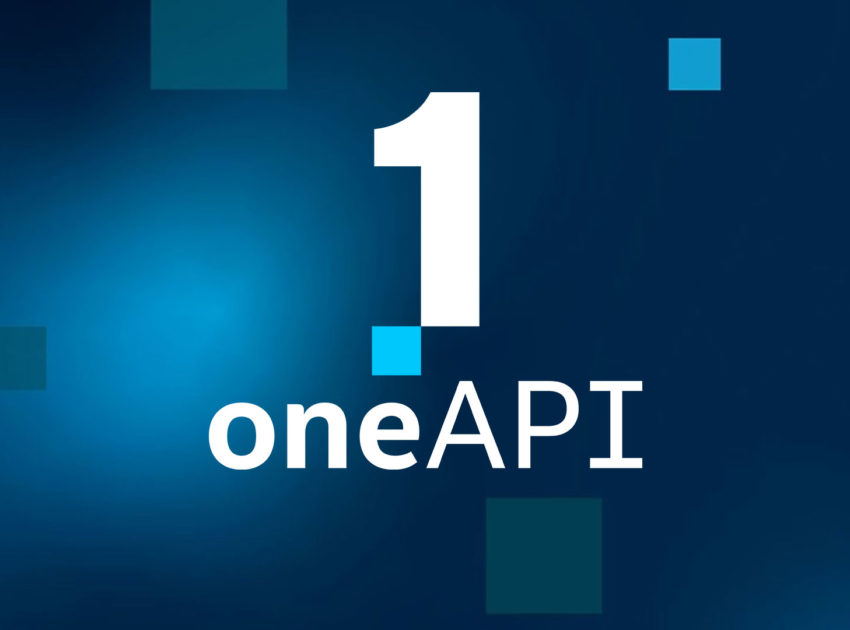About
The Cambridge Open Zettascale Lab (originally the Cambridge Open Exascale Lab) was founded in 2020 as a centre for research and education.
In the summer of 2022, Director Dr. Paul Calleja and Intel’s Jeff McVeigh, General manager of the Super Compute Group, announced that the Cambridge Open Exascale Lab would become the Cambridge Open Zettascale Lab.
Our new name looks forward to the future of supercomputing and the contribution of the Lab to the innovations that will allow for the next major leap in technology and data-intensive research.
Watch Jeff McVeigh’s announcement of the Cambridge Open Zettascale Lab at ISC ’22 here.
The Lab is where leading high-performance computing experts and the world’s most advanced technology companies come together to address the difficulties of designing an zettascale-class system. To solve these will require creativity, technical prowess and long-term commitment.
The Issues
Humanity is faced with pressing concerns: climate change threatens the future of our planet, while disease, poverty and food insecurity present ongoing problems in many parts of the world.
The Benefits
Zettascale refers to the next generation of supercomputers.
Zettascale systems will combine high performance computing for simulation and artificial intelligence training with ultra-fast data storage and analytics.
These capabilities will allow scientists, engineers and clinicians to perform the advanced research and development necessary to begin solving the world’s most urgent problems.
With zettascale systems, we can better understand the nature of the universe, design new materials and clean energy solutions, as well as develop and deliver personalised medicine and data-driven healthcare.

The Way
There are many difficulties to be overcome before zettascale-class systems can be realised.
The Cambridge Open Zettascale Lab is an innovative research environment in which the solutions to several key zettascale challenges are even now being discovered.
Photo of King’s College wild meadow by Chris Bolland.

Energy Efficiency
Zettascale systems require an extremely large volume of computing, networking and storage devices. Together these consume vast amounts of energy. Using existing technologies, even today’s most energy-efficient supercomputer – if it were scaled to a 1-zetaflop system – would consume more than 100 megawatts of power. The Cambridge Open Zettascale Lab is undertaking advanced research to improve the efficiency of contemporary high performance computing.
To find out more about our work in this area, see our theme Energy Efficient Computing.

Networks
The zettascale and broader high performance computing market continues to evolve, supporting a diverse range of science platforms with more cloud-like characteristics. At the same time, there is increasingly a drive for cross-industry, standards-based high performance networking solutions that provide broad interoperability with enterprise computing technologies, across a multi-vendor supply chain.
Ethernet is ubiquitous in the enterprise space but is only now showing promise in terms of its latency performance in an high performance computing environment.
To find out more about our work in this area, see our theme High Performance Ethernet for Zettascale.

Heterogeneity
Creating a zettascale system is not a straightforward matter. In computing hardware alone, such a system would call for around 700,000 servers. Given that financing and housing this number of servers is far from practical, fewer, more powerful computational units will need to be built from Intel® Xe-HPC GPUs and other accelerators. This in turn raises the problem of coding across different architectures.
Intel’s oneAPI is an open, unified and cross-architecture programming model for CPUs and accelerator architectures (GPUs, FPGAs, and others). The programming model simplifies software development and delivers uncompromising performance for accelerated compute, without proprietary lock-in, while enabling the integration of legacy code.
At the Zettascale Lab, we are focused on porting significant exascale candidate codes to oneAPI, including CASTEP, FEniCS and AREPO.
To find out more about our work in this area, see our theme oneAPI Centre of Excellence.

Storage
Storage for zettascale systems comes with its own set of issues. The explosion in the production and use of data in science, engineering, medicine and industry has led to performance bottlenecks and system slowdowns as traditional high performance computing storage architectures fail to keep up with the increasingly important role analytics plays in workflows.
To find out more about our work in this area, see our theme Storage Solutions.

